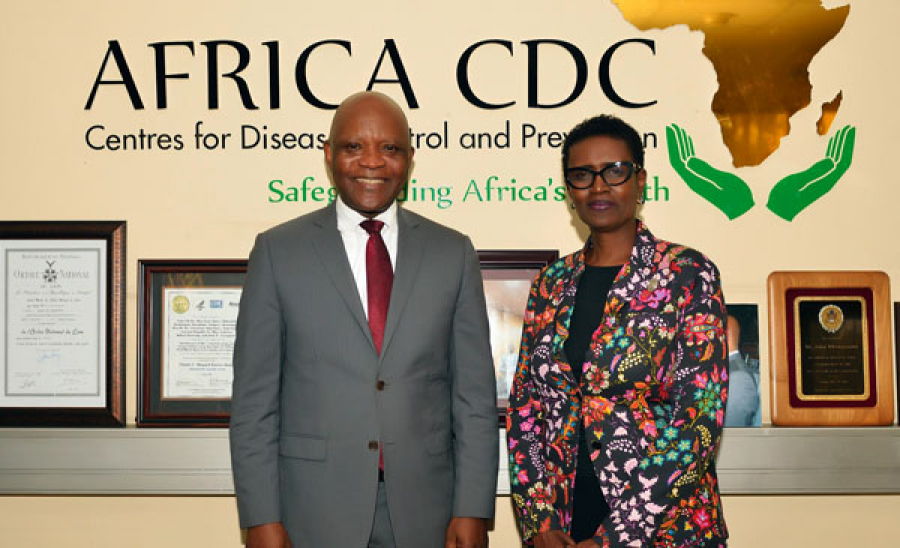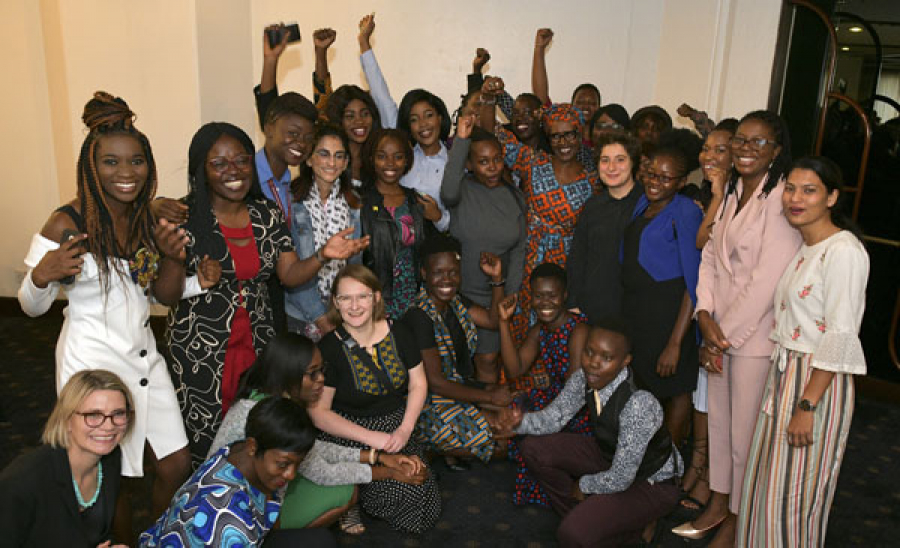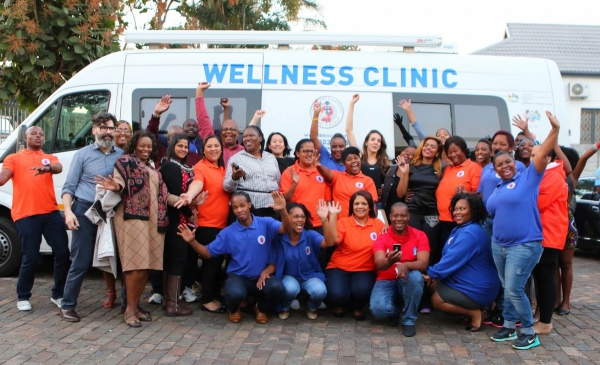The UNAIDS Regional Support Team (RST) for Eastern and Southern Africa (ESA) is based in Johannesburg, South Africa, and supports 21 country offices in the ESA region. The work of UNAIDS at regional level is organized according to four key outcome areas:
-

HIV remains high on the political, development and health agenda and key global, regional and national HIV commitments are implemented.
RST ESA advocates for all regional stakeholders, including regional economic commissions (RECs), country partners and civil society to adopt the Fast-Track approach to ending the AIDS epidemic as a public health threat by 2030 as articulated in the UNAIDS Strategy 2016‒2021. To this end, keeping AIDS at the centre of the health and development agenda of the Sustainable Development Goals is critical.
-

Country planning, programming and decision making is based on high quality strategic information.
RST ESA provides technical and financial support to countries in the region to produce and ensure timely uptake of strategic information and outputs. This includes modes of transmission (MOT) and Know Your Epidemic/Know Your Response reports, among others, as well as support for the development and review of National Strategic Plans on HIV, STIs and TB. At the same time, the RST promotes the adoption of innovative approaches using new technologies and media.
- 1
-

People who are left behind have equitable access to comprehensive HIV services.
RST ESA has initiated several innovations to close the gap in access to services for those left behind in the AIDS response, including sex workers, people who inject drugs, prisoners, men who have sex with men and transgender people. The guiding principle for this work is a human-rights and gender-sensitive approach and the greater involvement of community-based leadership. The prevention of the sexual transmission of HIV is a major focus of the region and, as such, RST ESA promotes combination prevention and integration of sexual and reproductive health and HIV.
-

Countries have sustainable resources for the HIV response.
By supporting the development of Investment Cases and the Global Fund Concept Notes, RST ESA has prompted RECs, governments and partners to identify, pursue and implement innovative financing mechanisms at regional and country level. This has opened up access to funding through the Global Fund and other partners such as PEPFAR, resulting in the mobilization of a total of $1.9 billion for HIV and TB.
- 1
Future directions
Over the next five years, UNAIDS in the ESA region will foster implementation of the UN General Assembly’s Political Declaration on Ending AIDS, according to the five core aspects of the UNAIDS Strategy 2016‒2021: information; investment; inclusion; integration; and innovation. Our specific efforts include:
- Advocacy on challenging social norms, especially in areas such as masculinity and male engagement
- Policy change through greater evidence uptake by country leadership
- Greater synergies and integration of initiatives among UN agencies and development partners
- Investment in the AIDS response through increased resources and the efficient use thereof
RST ESA will continue to advocate for the Fast-Track approach to ending AIDS as a public health threat by 2030.
